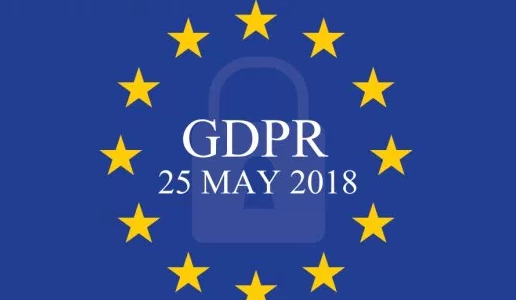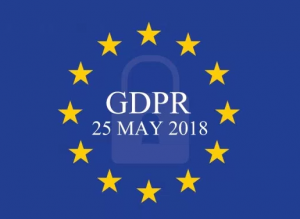
GDPR comes into force today

The GDPR requires that companies gain explicit consent for how they use personal data and give customers more rights on accessing, correcting and removing their information.
Several large US firms have earmarked huge resources to complying with the rules, under threat of fines of up to €20m or 4 per cent of global revenue,
Payver, a dashcam app which pays people to film as they are driving, collecting data on roads and signs, discontinued its service this week. Steel Root a cybersecurity and compliance business, began blocking visitors from the EU this month, Verve, a mobile marketing company, Unroll.me which helps users unsubscribe from email spam, Drawbridge which creates profiles of consumers to track them across devices, Klout, a Lithium Technologies product which created rating scores for social media users.
Some high-profile US news websites including LA Times and The Chicago Tribune are temporarily unavailable in Europe after new EU data protection rules come in to effect.
Some complaints were filed against US tech giants within hours of the General Data Protection Regulation ( GDPR) taking effect. On the first day itself of GDPR enforcement, Facebook and Google have been hit by a raft of lawsuits accusing the companies of coercing users into sharing personal data. The lawsuits which seek to fine Facebook €3.9bn and Google €3.7bn respectively filed by Austrian privacy activist Max Schrems.
Under the new rules, companies working the EU or any association or club in the bloc must show they have a lawful basis for processing personal data or face hefty fines.
Facebook, Google, Instagram and WhatsApp are accused of forcing users to consent to targeted advertising to use the services. If the complaints are upheld, the websites. If the complaints are upheld, the websites may be forced to change how they operate and they could be fined.
However, CNN and the New York Times were among those not affected. The Washington Post and Time were among those requiring EU users to agree to new terms. The new rules come to force amid growing scrutiny about how major tech companies like Google and Facebook collect and use people’s personal information.
